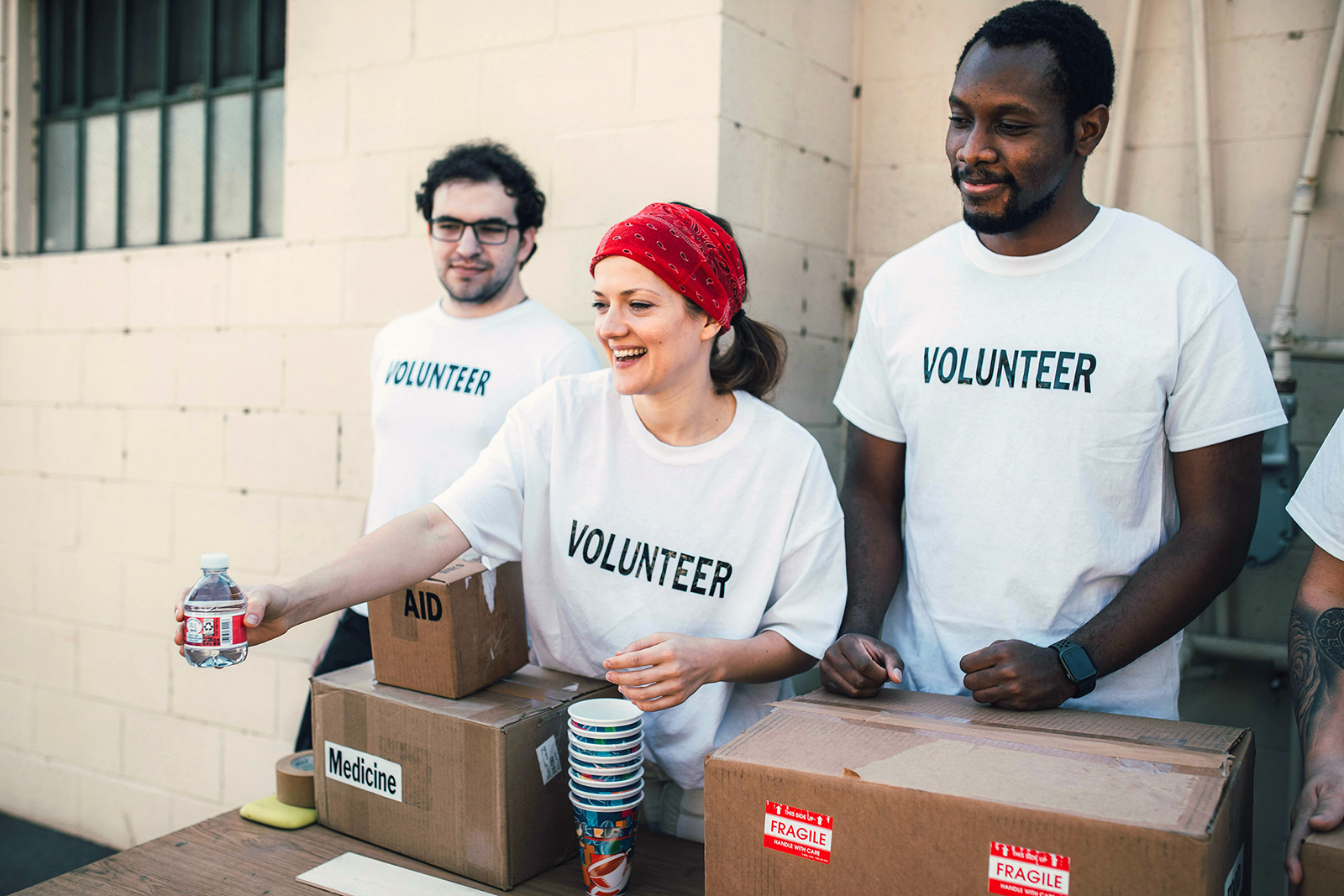
(RNS) — Nothing is more difficult than convincing a suicidal teenager that life is worth living — or consoling their family when you’ve failed. In my 35 years as a rabbi, I’ve had to do both for too often as opioid addiction — which increases suicide risk sixfold — exacerbated the suicide crisis across my home state of Ohio. These heart-wrenching experiences left me seeking to understand how to help young people who have lost the will to live to find reasons to keep going.
My search led to an extraordinary discovery: a previously unpublished 1961 collection of letters between a suicidal teenager and Rabbi Menachem M. Schneerson, the late leader of the Chabad-Lubavitcher sect of Judaism and one of the most influential rabbis in modern history, known to his followers as the Rebbe. This correspondence challenged everything I thought I knew about helping people in crisis.
Richard (not his real name) was a 19-year-old University of Chicago student when he wrote to the Rebbe in 1961. His letter is strikingly candid about his mental state, offering detailed descriptions of his psychological condition, suicidal ideations and deep disappointments in humanity, especially in light of the Holocaust.
The Rebbe — despite his famously busy schedule — responded, addressing many of Richard’s points. But rather than validating the teen’s grim worldview, the Rebbe pushed back.
“Your whole letter is full of your own expectations and disappointments, as if everybody owes you everything but … it did not occur to you that you might owe something to society,” the Rebbe wrote with characteristic candor. While it may seem startling to talk this way to a person in distress, it was the medicine Richard needed. In his reply, the Rebbe offered the troubled teen something more powerful than sympathy: He gave Richard a solution.
Instead of brooding over the world’s faults and his problems, the young man needed to redirect his focus. “You must get away from yourself, and begin to think of others. It is time to begin an active participation in society; to give, and to give generously. The opportunities are many and the need is great.”

The Lubavitcher Rebbe Menachem M. Schneerson during the Lag BaOmer parade in Brooklyn, New York, May 17, 1987. (Photo by Mordecai Baron/Wikimedia/Creative Commons)
The path forward wouldn’t come from making him feel better about himself, the Rebbe told Richard, but from concrete activities that would pull him out of his current mental state and contribute to the world around him.
The Rebbe’s approach worked. Richard not only survived his crisis but went on to lead a full and productive life. He continued corresponding with the Rebbe for seven years and went on to become a professor of comparative religion, chairing departments and organizing major national conferences. Beloved by thousands of students whom he taught over the course of three decades, he was remembered for helping the next generation of young people discover their own purpose. He lived until 2013, dying peacefully at the age of 83.
Richard’s relationship with Schneerson wasn’t an isolated case. The Rebbe counseled tens of thousands of people facing emotional crises, maintaining extensive correspondence that has been documented in over 30 volumes. A selection of these letters, recently published as “Letters for Life,” lays out the Rebbe’s approach to emotional wellness.
While it should by no means replace clinical intervention or crisis management, redirecting teens’ focus from internal anguish to external purpose can be a critical piece of the overall puzzle of youth suicide prevention and resilience.
And it is being validated by current research. In their 2018 book “The Coddling of the American Mind,” Jonathan Haidt and Greg Lukianoff argue that when we shield children from discomfort and difficulty, we prevent them from developing the psychological resilience to navigate life’s inevitable challenges. Psychologist Jean Twenge writes in “Generation Me” that programs aimed at improving young people’s self-image can inadvertently create a dangerous mismatch between expectations and reality, leading to greater anxiety and depression later in life.

(Photo by Ditto Bowo/Unsplash/Creative Commons)
In a recent study by Ohio State University researchers, 122 individuals with symptoms of depression, anxiety and stress were randomly assigned to perform acts of kindness, social activities or cognitive reappraisal — reevaluating negative emotions in a more positive light. The acts of kindness group showed greater reductions in depression and anxiety, higher life satisfaction improvements and significantly improved social connections for over a month after the intervention had ended.
These works point to the same conclusion: The antidote to despair isn’t focusing inward but outward. Instead of asking struggling youth to simply believe they have value, we need to create opportunities where they can demonstrate it — to themselves and others.
As we marked the 31st anniversary of the Rebbe’s passing on June 29, his letters offer a simple but profound reminder about human nature: We often feel better when we extend help to others. This is a lesson we must cleave to as we find ourselves in increasingly troubled times. When helping someone in crisis, sometimes the most loving thing we can do isn’t to cushion their fall, but provide them with a reason to fearlessly leap and charge forward.
(Rabbi Areyah Kaltmann is the leader of the Chabad community in Columbus, Ohio. The views expressed in this commentary do not necessarily reflect those of Religion News Service.)
